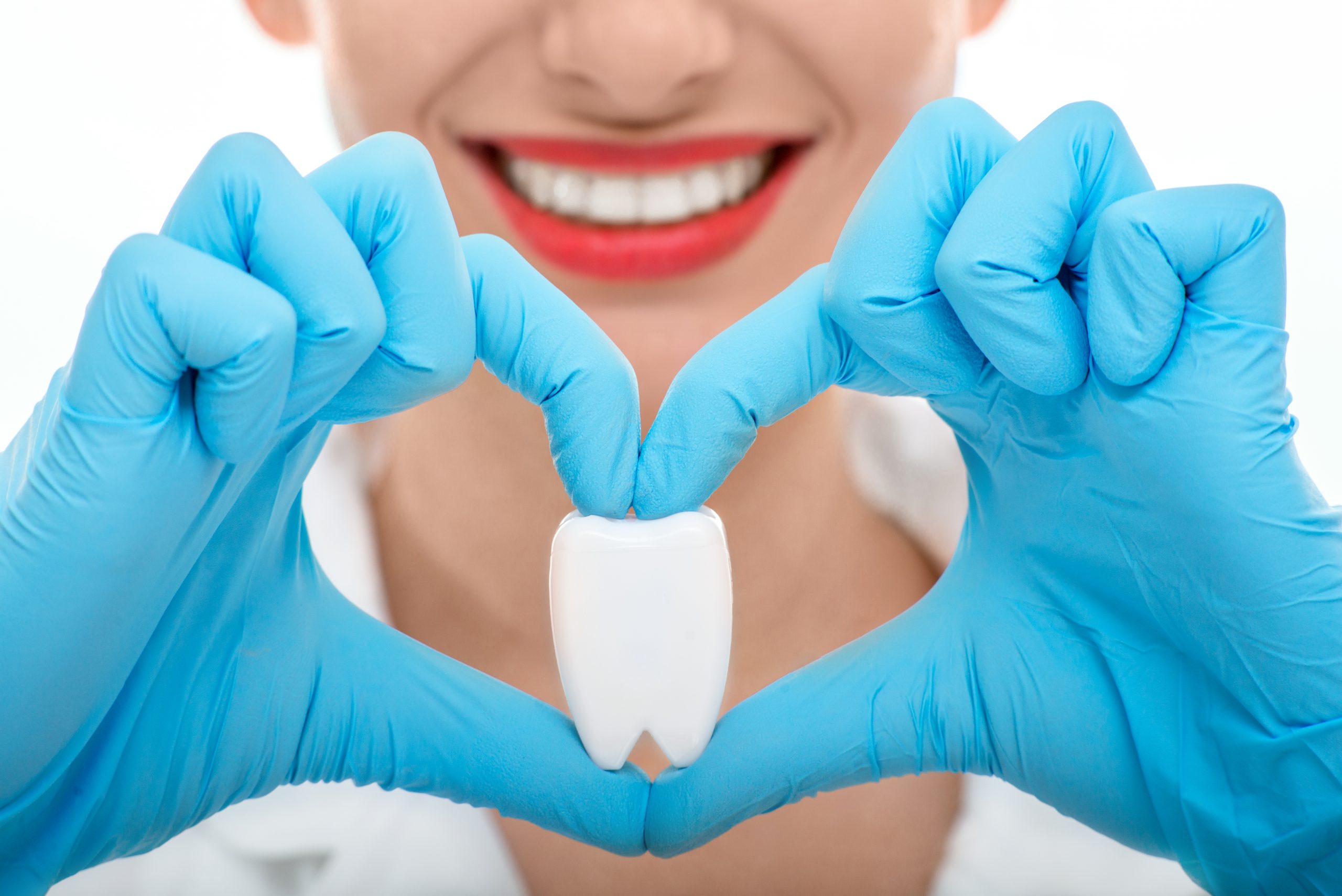When it comes to maintaining good health, we often focus on individual body systems. However, it’s important to recognize that different aspects of our health are interconnected. One such connection that is gaining attention is the link between dental health and respiratory health. Recent studies suggest that poor dental health, particularly gum disease, may increase the risk of respiratory infections and affect overall respiratory health. In this article, we will explore the connection between dental health and respiratory health, emphasizing the importance of a healthy mouth for your overall well-being.
- Oral Bacteria and Respiratory Infections: The mouth is home to countless bacteria, some of which can be harmful if they enter the respiratory system. Poor dental hygiene and gum disease can lead to the proliferation of these bacteria, increasing the risk of respiratory infections such as pneumonia, bronchitis, and chronic obstructive pulmonary disease (COPD). Oral bacteria can be aspirated into the lungs or enter the bloodstream, contributing to respiratory inflammation and infection.
- Gum Disease and Respiratory Health: Gum disease, also known as periodontal disease, is a common condition characterized by inflammation and infection of the gums and tissues surrounding the teeth. The bacteria associated with gum disease can travel through the respiratory system, potentially causing or exacerbating respiratory issues. Chronic inflammation in the gums can also lead to systemic inflammation, which may affect the respiratory system.
- Aspiration Pneumonia: Aspiration pneumonia occurs when foreign substances, including oral bacteria, saliva, or food particles, are inhaled into the lungs. Poor dental health, particularly the presence of gum disease, increases the likelihood of aspirating oral bacteria, leading to respiratory infections. This risk is particularly elevated among older adults or individuals with compromised immune systems.
- Chronic Respiratory Conditions: Individuals with pre-existing respiratory conditions, such as asthma or COPD, may experience worsened symptoms if they have poor dental health. The inflammation caused by gum disease can trigger respiratory inflammation and exacerbate respiratory symptoms. Maintaining good oral hygiene and seeking regular dental care are vital for managing respiratory conditions effectively.
- Shared Risk Factors: Dental health and respiratory health share common risk factors, including smoking, poor nutrition, and compromised immune function. Smoking not only increases the risk of gum disease but also damages the respiratory system, making it more susceptible to infections. Nutritional deficiencies can weaken both the oral and respiratory systems, compromising their ability to defend against pathogens. Strengthening overall health through lifestyle choices can positively impact both dental and respiratory health.
- Oral Hygiene and Respiratory Protection: Practicing good oral hygiene habits, such as brushing twice a day, flossing daily, and using antimicrobial mouthwash, can help reduce the risk of oral infections and maintain a healthy balance of oral bacteria. This, in turn, can contribute to better respiratory health by minimizing the potential for bacterial aspiration.
- Regular Dental Check-ups: Regular dental check-ups and professional cleanings are essential for preventing gum disease and maintaining optimal oral health. Dental professionals can identify early signs of gum disease, provide necessary treatments, and offer guidance on maintaining good oral hygiene practices. These proactive measures can have a positive impact on both dental health and respiratory health.
- Interdisciplinary Collaboration: Recognizing the connection between dental health and respiratory health highlights the importance of interdisciplinary collaboration between dental and respiratory healthcare providers. Cooperation and information-sharing between these professionals can lead to a more comprehensive approach to patient care, ensuring that both oral and respiratory health concerns are addressed.
- Education and Awareness: Education and awareness play a vital role in promoting good dental and respiratory health. By understanding the connection between the two, individuals can make informed choices regarding their oral hygiene practices, lifestyle habits, and overall health. Regular discussions with healthcare












